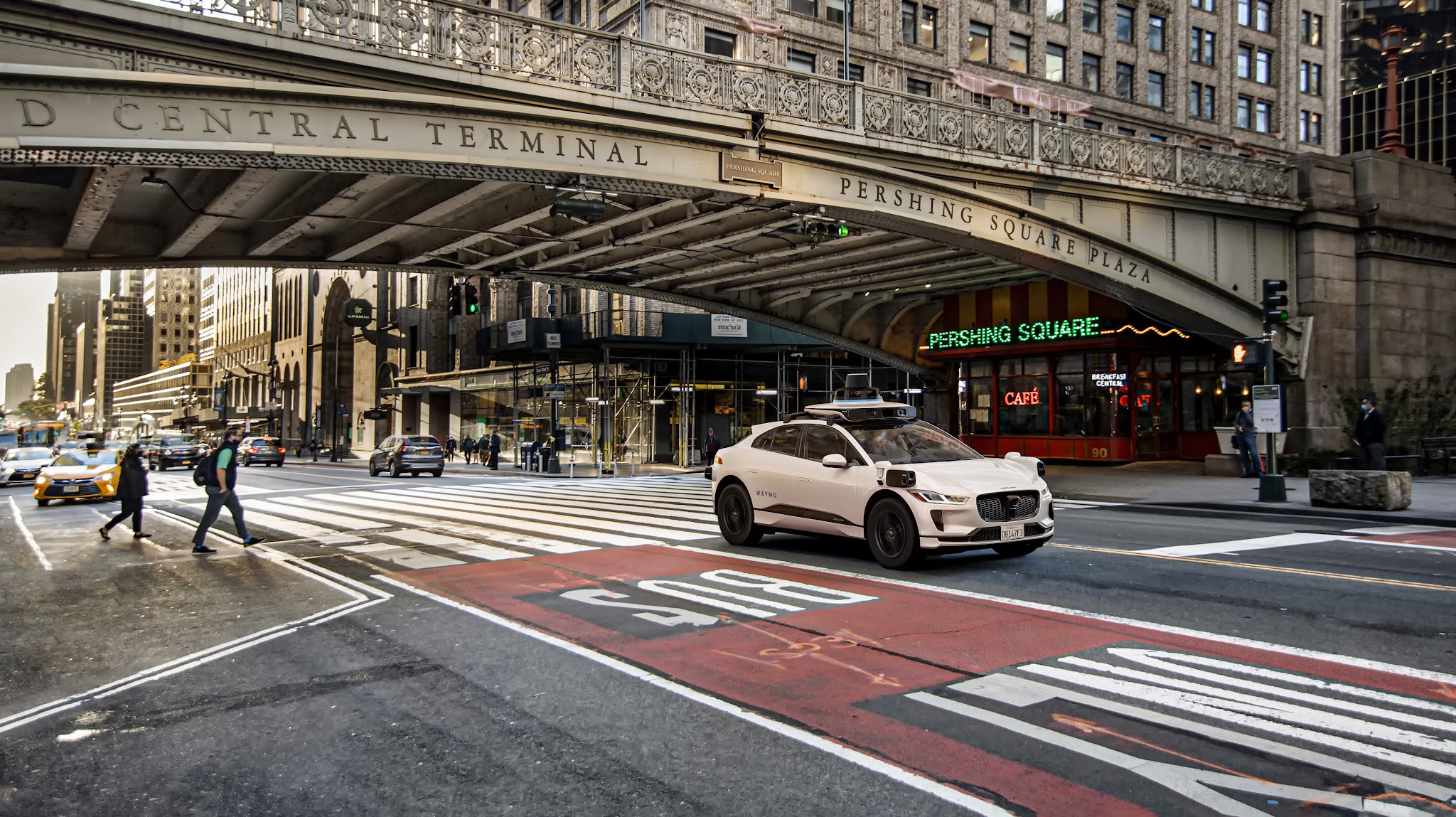Another announcement underscoring how Tesla's lead position in electric vehicles may well be its biggest competitive advantage in taking autonomous fleet market share. This comes on top of several nations announcements this year re banning fossil fuel vehicles c. 2040. There are city centers where this will not be allowed sooner.
12 major cities pledge to only buy all-electric buses starting in 2025
Policies will vary by country, state/province, city, but it is likely that there will not be a shortage of regions that either only allow electric autonomous cabs, or even regulate them like a utility (i.e., choosing a small number of providers, automakers, to cover the city's needs... hard to imagine, the providers chosen by such cities will not overwhelmingly be those who have the capacity to deliver a high quality EV fleet. As Adam Jonas has pointed out, national interest may play a role in deciding what a high quality EV is. i.e. German automakers will have a leg up if German cities license the autonomous fleet business like a utility). Tesla's track record and production capacity for electric vehicles will likely be a significant competitive advantage in supplying these vehicles even ~5 years from now when the technology may become street legal. Even in regions that may not have laws against a fossil fuel autonomous cab, to some extent individual consumers will vote with their wallets for sustainable energy. A likely cheaper cost for an EV autonomous ride than an ICE one will help EVs win in such wallet voting.
12 major cities pledge to only buy all-electric buses starting in 2025
Policies will vary by country, state/province, city, but it is likely that there will not be a shortage of regions that either only allow electric autonomous cabs, or even regulate them like a utility (i.e., choosing a small number of providers, automakers, to cover the city's needs... hard to imagine, the providers chosen by such cities will not overwhelmingly be those who have the capacity to deliver a high quality EV fleet. As Adam Jonas has pointed out, national interest may play a role in deciding what a high quality EV is. i.e. German automakers will have a leg up if German cities license the autonomous fleet business like a utility). Tesla's track record and production capacity for electric vehicles will likely be a significant competitive advantage in supplying these vehicles even ~5 years from now when the technology may become street legal. Even in regions that may not have laws against a fossil fuel autonomous cab, to some extent individual consumers will vote with their wallets for sustainable energy. A likely cheaper cost for an EV autonomous ride than an ICE one will help EVs win in such wallet voting.
Last edited:



